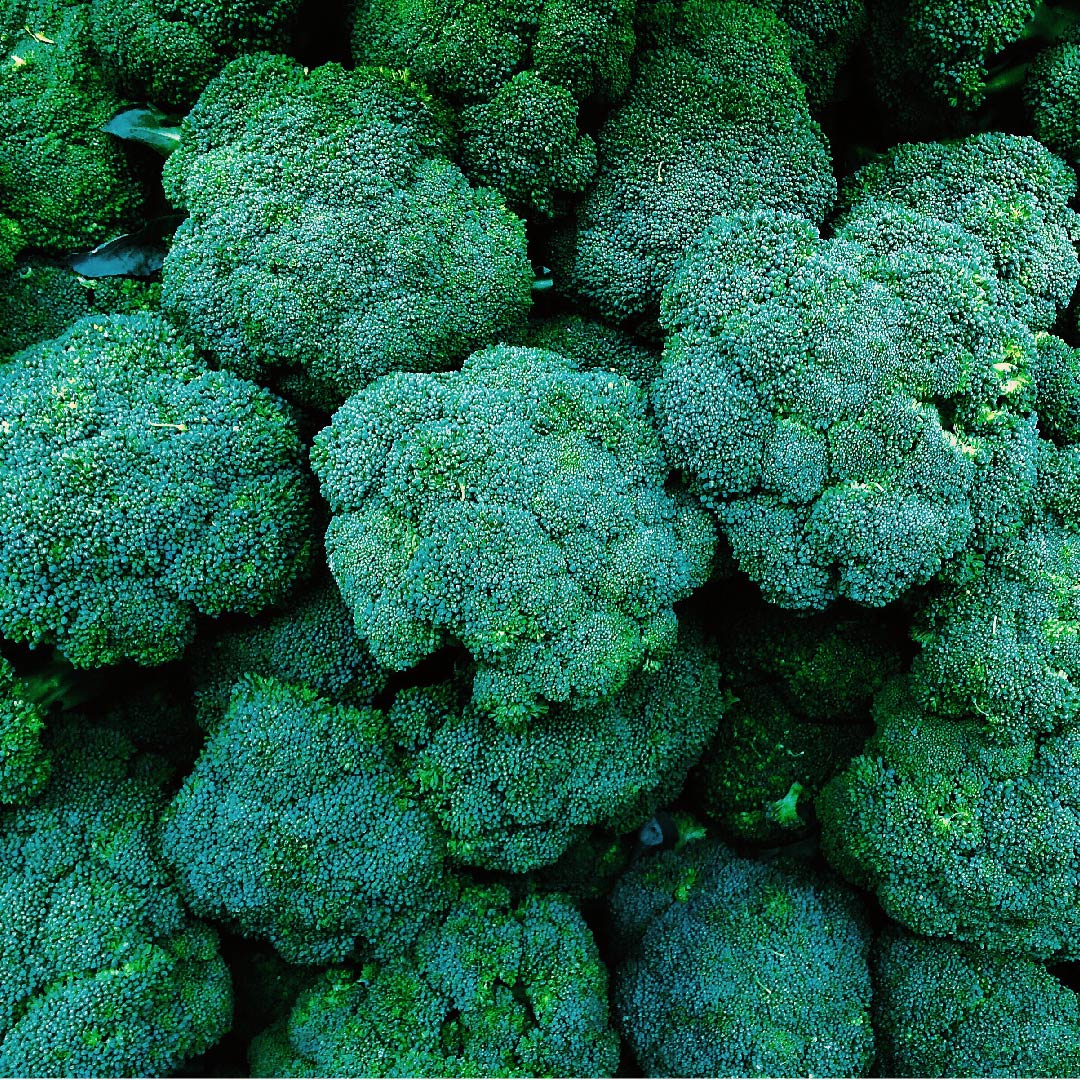Choline
Back to ingredients
Form: Bitartrate
Food source: Soya drinks, edamame beans and tofu as well as quinoa, Brussels sprouts, broccoli, cauliflower, mushrooms, red kidney beans, peas, peanuts, pumpkin seeds, sunflower seeds and almonds. Also meat, eggs and dairy.
Benefits of Choline
- Liver health
- Brain health
- Cardiovascular health
- Energy
- Mental performance
What is Choline?
Choline is an 'essential nutrient' which has historically been often overlooked but is now becoming more widely appreciated and sought after. Many people are unaware of its importance, where to get it from and the fact that many people’s intake of Choline is below the recommended amount. So if you haven’t heard of it before, here we break down what exactly makes Choline so important.
Choline has a number of vital functions in your body. Most importantly it is required for the maintenance of healthy liver functioning. It maintains your healthy lipid and homocysteine metabolism that converts carbohydrates, proteins and fats into energy. It helps to transport fats away from your liver to help prevent fat build-up and the onset of conditions like fatty liver disease. Additionally, it is a required nutrient for your body to produce a substance that is needed to remove cholesterol. Choline is therefore important for your normal liver function and has impacts on your cardiovascular health.
Choline is vital for supporting your cognitive function and the maintenance of normal brain performance, memory and mood. The body uses Choline to make a substance called 'acetylcholine'. Acetylcholine is a critical neurotransmitter which is heavily involved in the function of the brain and body. Without enough acetylcholine, our memory, mood and body movement are severely impacted. A deficiency of Choline is linked to potential disorders in the brain and nervous system.
Pregnant women require increased amounts of Choline to support themselves and the development of their baby. Studies have found that insufficient intake of Choline can lead to conditions in the baby such as neural defects, preeclampsia and low birth weight. Discover ‘A nutritionist recommended pregnancy diet guide’.
















